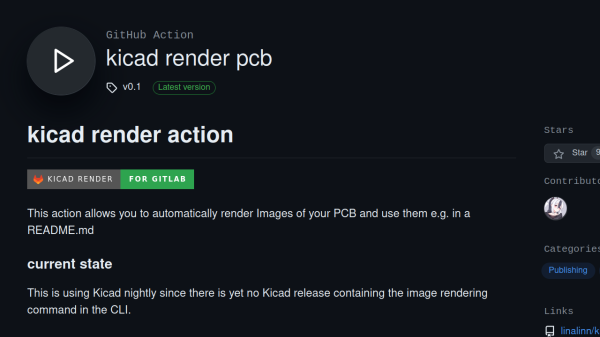Last Friday Github saw a supply chain attack hidden in a popular Github Action. To understand this, we have to quickly cover Continuous Integration (CI) and Github Actions. CI essentially means automatic builds of a project. Time to make a release? CI run. A commit was pushed? CI run. For some projects, even pull requests trigger a CI run. It’s particularly handy when the project has a test suite that can be run inside the CI process.
Doing automated builds may sound straightforward, but the process includes checking out code, installing build dependencies, doing a build, determining if the build succeeded, and then uploading the results somewhere useful. Sometimes this even includes making commits to the repo itself, to increment a version number for instance. For each step there are different approaches and interesting quirks for every project. Github handles this by maintaining a marketplace of “actions”, many of which are community maintained. Those are reusable code snippets that handle many CI processes with just a few options.
One other element to understand is “secrets”. If a project release process ends with uploading to an AWS store, the process needs an access key. Github stores those secrets securely, and makes them available in Github Actions. Between the ability to make changes to the project itself, and the potential for leaking secrets, it suddenly becomes clear why it’s very important not to let untrusted code run inside the context of a Github Action.
And this brings us to what happened last Friday. One of those community maintained actions, tj-actions/changed-files, was modified to pull an obfuscated Python script and run it. That code dumps the memory of the Github runner process, looks for anything there tagged with isSecret, and writes those values out to the log. The log, that coincidentally, is world readable for public repositories, so printing secrets to the log exposes them for anyone that knows where to look.
Researchers at StepSecurity have been covering this, and have a simple search string to use: org:changeme tj-actions/changed-files Action. That just looks for any mention of the compromised action. It’s unclear whether the compromised action was embedded in any other popular actions. The recommendation is to search recent Github Action logs for any mention of changed-files, and start rotating secrets if present. Continue reading “This Week In Security: The Github Supply Chain Attack, Ransomware Decryption, And Paragon”















